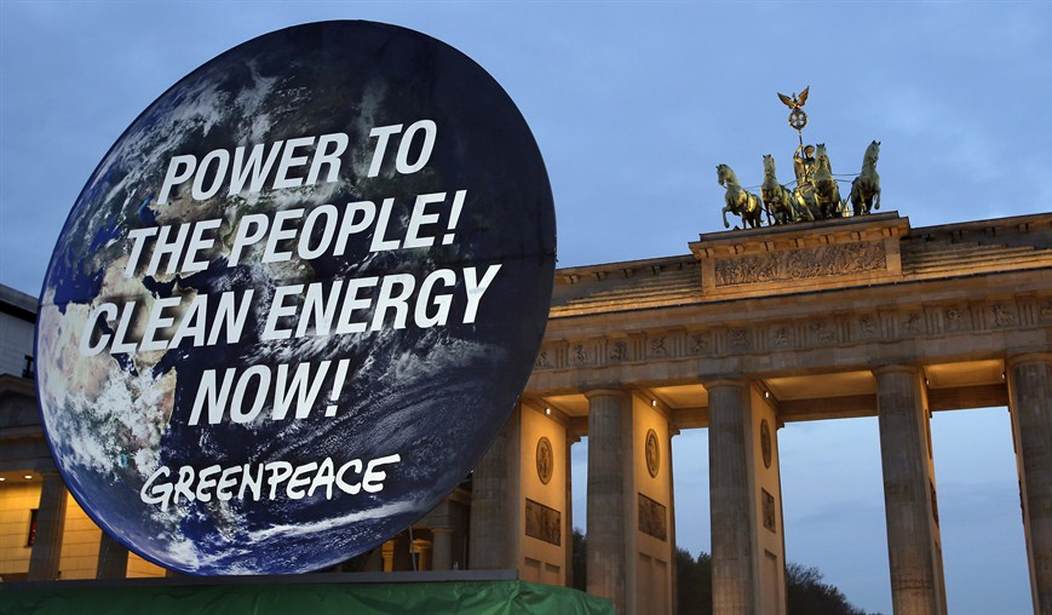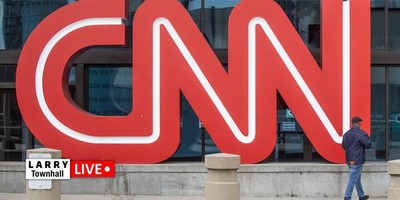In recent months, the op-ed columns of major newspapers have been filled with commentary about the legitimacy of scientific peer review, following a major peer review ring which forced the retraction of many papers. These events are related.
Starting in the 1970s, many “fill-in-the-blank studies” university departments began politicizing the processes of tenure and grant application, causing universities to become increasingly politically active as a means to achieve “social justice.” This created a “spoils system” in which academic freedom increasingly gave way to “academic justice.” Soon enough, it became virtually impossible to publish or receive grant money in those fields unless the paper was “politically correct.” The fields became vehicles used for the justification of pre-existing ideology at the expense of the truth. Sadly, today, this phenomenon is seeping out of the classrooms of sociology and “fill-in-the-blank studies” into the “hard sciences.”
Increasingly, universities and research institutions use faculty profiles, publishing rights, funding cuts, denial of tenure, and numerous other methods to actively discriminate against any student or faculty member who rejects the progressive orthodoxy in the hard sciences, thus promoting what the late/great Carl Sagan would call “pseudo-science.” Holding a politically incorrect view about how humanity should respond to the reality of climate change— such as that climate change exists but won’t end civilization as we know it due to the ability of humans to adapt— is punishable by an academic death sentence in the once “hard sciences.”
Recommended
Want to deregulate the nuclear industry to create more zero-emission plants which ironically emit less radiation than the coal plants they replace? You will be informed by Greenpeace, in defiance of everything known by science, that “Nuclear power is neither safe nor clean. There is no such thing as a "safe" dose of radiation...” and that nuclear energy poses an “unacceptable risk to the environment and to humanity. The only solution is to halt the expansion of all nuclear power, and for the shutdown of existing plants.” Or the Sierra Club will tell you that nuclear power leads to “energy over-use and unnecessary economic growth.”
Want to replace expensive, inefficient, environmentally dangerous, and unreliable wind power with cheap, efficient, and clean-burning natural gas? The Sierra Club will inform you (in all capital letters) that using natural gas is a “DIRTY, DANGEROUS PRACTICE THAT LETS THE [GAS] INDUSTRY MAKE A KILLING AT THE EXPENSE OF HUMAN HEALTH.”
Want to research the feasibility of large scale climate geoengineering by fertilizing the ocean with iron in order to create better conditions for marine life, which would dramatically reduce the amount of carbon dioxide in the atmosphere? You will be informed by the ETC Group, which has absolutely no one on their staff or board with any sort of degree or credential in any “hard” scientific field of study, that your project is “a dangerous distraction providing governments and industry with an excuse to avoid reducing fossil-fuel emissions.”
These attitudes may hinder you from being published or receiving grant funding if you try to study any of these issues.
The problem with these proclamations by prominent environmental groups is not only that they are blatantly untrue and thus discredit the very idea of environmentalism, but that these groups are effectively immune from academic criticism thanks to the fact that they have “good intentions” from the progressive perspective so common in today’s university system.
If historians of the future were asked to choose a single word to define the political discourse of our age, it would almost certainly be “pseudoscience.” As Carl Sagan wrote in his masterpiece The Demon Haunted World, “I have a foreboding of an America in my children's or grandchildren's time -- when the United States is a service and information economy; when nearly all the manufacturing industries have slipped away to other countries; when awesome technological powers are in the hands of a very few, and no one representing the public interest can even grasp the issues; when the people have lost the ability to set their own agendas or knowledgeably question those in authority; when, clutching our crystals and nervously consulting our horoscopes, our critical faculties in decline, unable to distinguish between what feels good and what's true, we slide, almost without noticing, back into superstition and darkness…”
President Eisenhower warned of a similar problem in his farewell address, saying “The prospect of domination of the nation's scholars by Federal employment, project allocations, and the power of money is ever present – and is gravely to be regarded. Yet, in holding scientific research and discovery in respect, as we should, we must also be alert to the equal and opposite danger that public policy could itself become the captive of a scientific-technological elite.”
The environmental movement is undoubtedly believed by the academics of today to be well-intentioned. This has made it effectively immune to academic criticism. Yet it increasingly cannot begin to grasp the scientific, economic, and social issues now associated with climate change and other environmental problems. As so-called environmentalist continue to politicize the “once-hard science” and pursue an agenda based on “what feels good” rather than “what’s true” we will increasingly slide further and further towards a pseudoscientific dark age akin to the biological Lysenkoism once promoted by the Soviet Union. Lysenkoism began in the late 1920s. Russian biology has yet to fully recover from its legacy.
The kind of academic debate which sparks scientific revolutions, such as the debate between “mobilists” and “fixists” which led to the theory of plate tectonics, is simply not possible when one side won’t permit the other to speak, publish, or get tenure. If such a debate were to occur today, both sides would hire PR firms, run TV ads, and snipe at one another at Congressional hearings. Such an environment doesn’t lead to scientific truth. It leads to both sides entrenching around their positions and only publishing findings which support their preconceived notions. As Daniele Fanelli wrote in a Nature column “We often forget that scientific knowledge is reliable not because scientists are more clever, objective or honest than other people, but because their claims are exposed to criticism and replication.” It is long past time for America’s scientists and the population of the scientifically literate to start criticizing the selective omissions, half-truths, and downright falsehoods put out daily by the environmental lobby.

























Join the conversation as a VIP Member